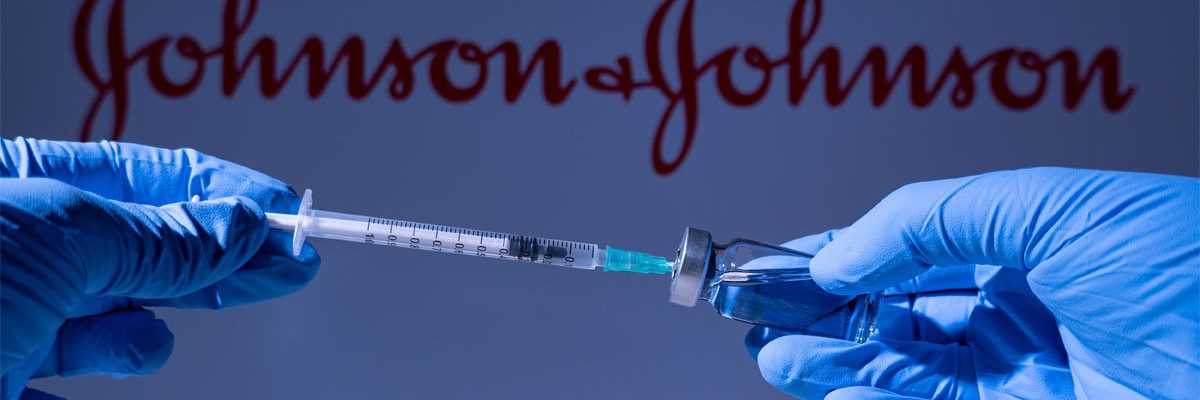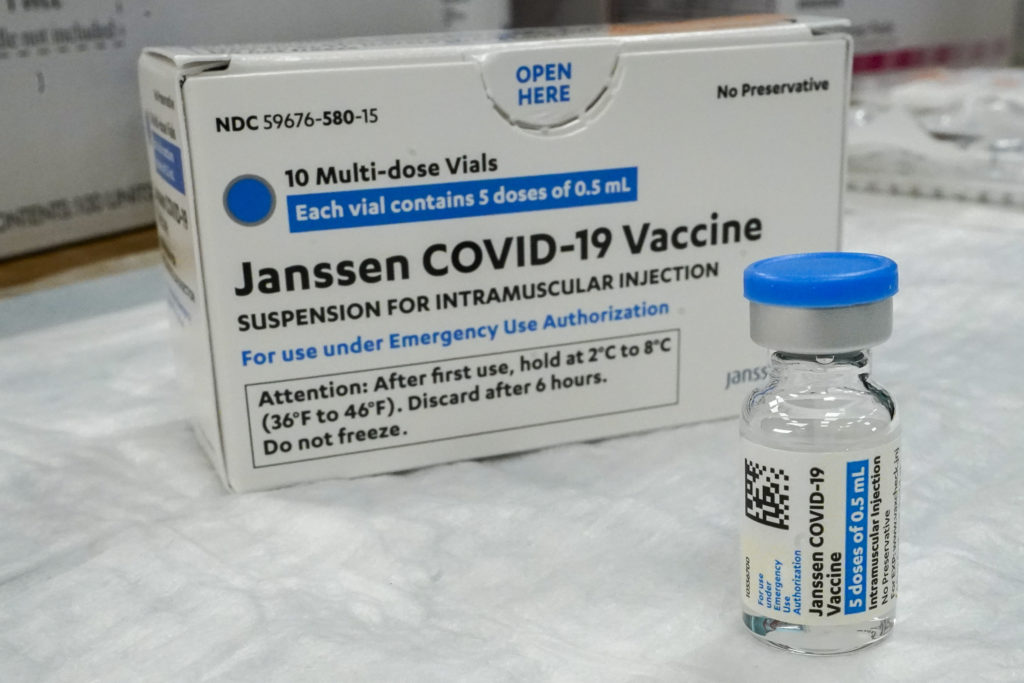

Although having available several vaccines, Jamaica still suffers from a low vaccination rate. This low take-up may not be the result of the types of vaccines available, but instead could be attributed to the lack of knowledge the public has on each of them.
The Health Ministry in the past has had to dispose of hundreds of thousands of expired vaccines. While there are those who have labelled themselves as anti-vaxxers, there are others who are only vaccine-hesitant.
In this second in a series of Our Today articles sharing the ‘need-to-know’ on the different vaccines available in Jamaica, we focus on Johnson and Johnson (J&J).
This time around the United States Centers for Disease Control and Prevention (CDC) provides what we need to know on the J&J vaccine.
Johnson and Johnson
Who created the vaccine?
The vaccine was developed in 2020 by the Janssen Pharmaceuticals Companies of the Johnson and Johnson. This type of vaccine is known as a viral vector vaccine.
According to the CDC, the J&J contains a modified virus (not the coronavirus), known as the vector virus. The vector virus is not able to reproduce, thus it cannot cause COVID-19.
This virus provides instructions to the body to create an immune response which helps to protect one from becoming sick. Other ingredients include sugars, salts, acid and an acid stabilizer.
Who is the vaccine not recommended for?
Anyone who has had a severe allergic reaction or an immediate allergic reaction, even if not severe to any of the named ingredients in the single dose vaccine should not get the J&J.

What is the recommended dosage?
This vaccine, unlike most of the other COVID-19 vaccines, is a single-dose vaccine, meaning it is only administered once for primary use.
Can this vaccine be ‘mixed and matched’ with other vaccines?
Those aged 18 years and older are able to get a booster shot of the Pfizer vaccine at least two months after being administered their single dose.
Side Effects?
The injection site may suffer from pain, redness of the skin and swelling. General side effects include headache, fatigue, muscle aches, nausea, chills, tiredness and fever.
Fainting, which usually occurs some time after vaccination, is uncommon but not unexpected and can be related to anxiety.
Though remote, an allergic reaction can and would occur within a few minutes to an hour of vaccine administration. Signs of severe allergic reaction include swelling of the face and throat, difficulty breathing, rapid heart beat, body rash, dizziness and weakness.

How efficacious is the vaccine?
The Johnson and Johnson, during its clinical trials, had an efficacy of 66.3 per cent and was able to prevent laboratory confirmed COVID-19 infections in people who were administered the vaccine and had no evidence of being previously infected.
The trials also showed those who took the J&J had the most protection two weeks after being vaccinated.
N.B.
The CDC notes that there is a plausible causal relationship between the J&J and a rare adverse event (blood clots with low platelets). It occurs at a rate of 3.83 cases per million doses, and has had reported deaths.
ALSO READ: Sinopharm Vaccine – What you need to know







Comments